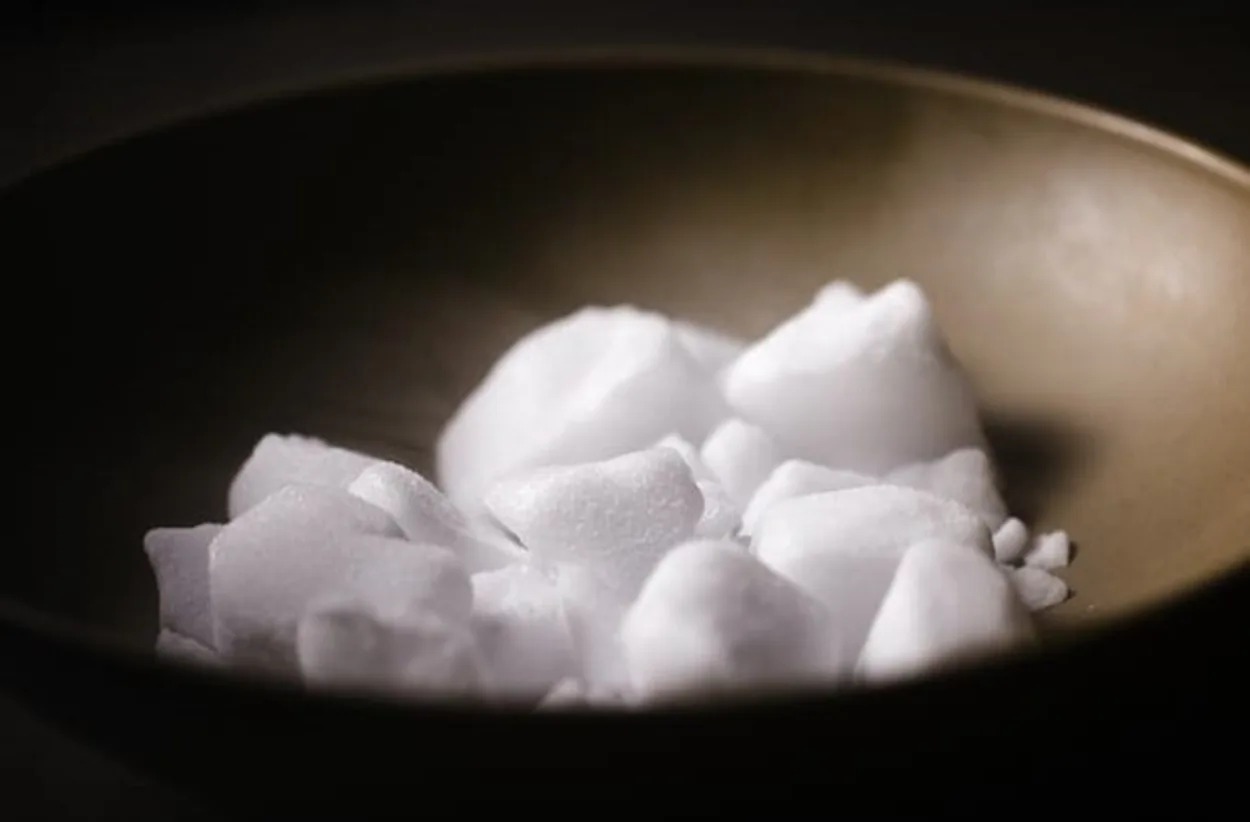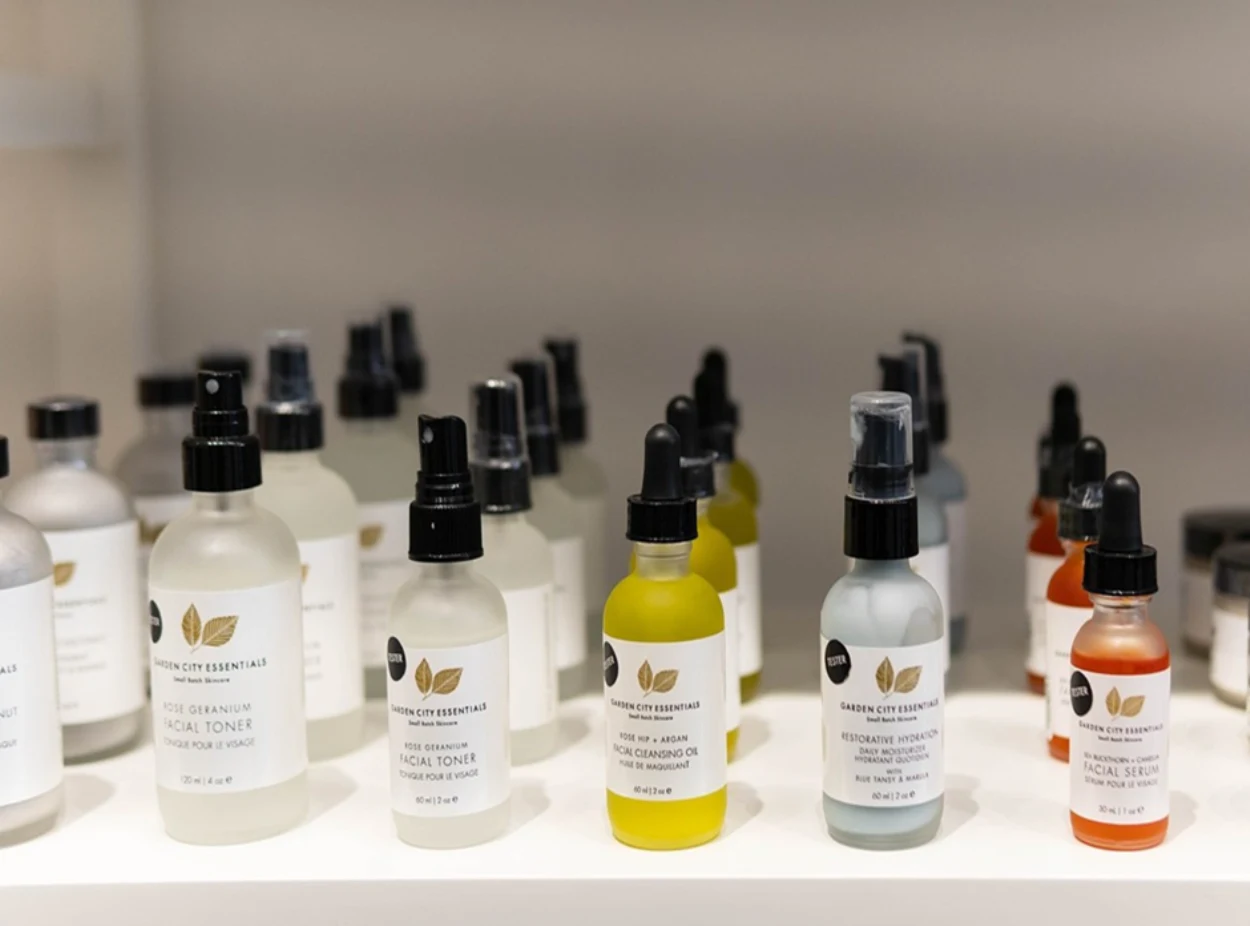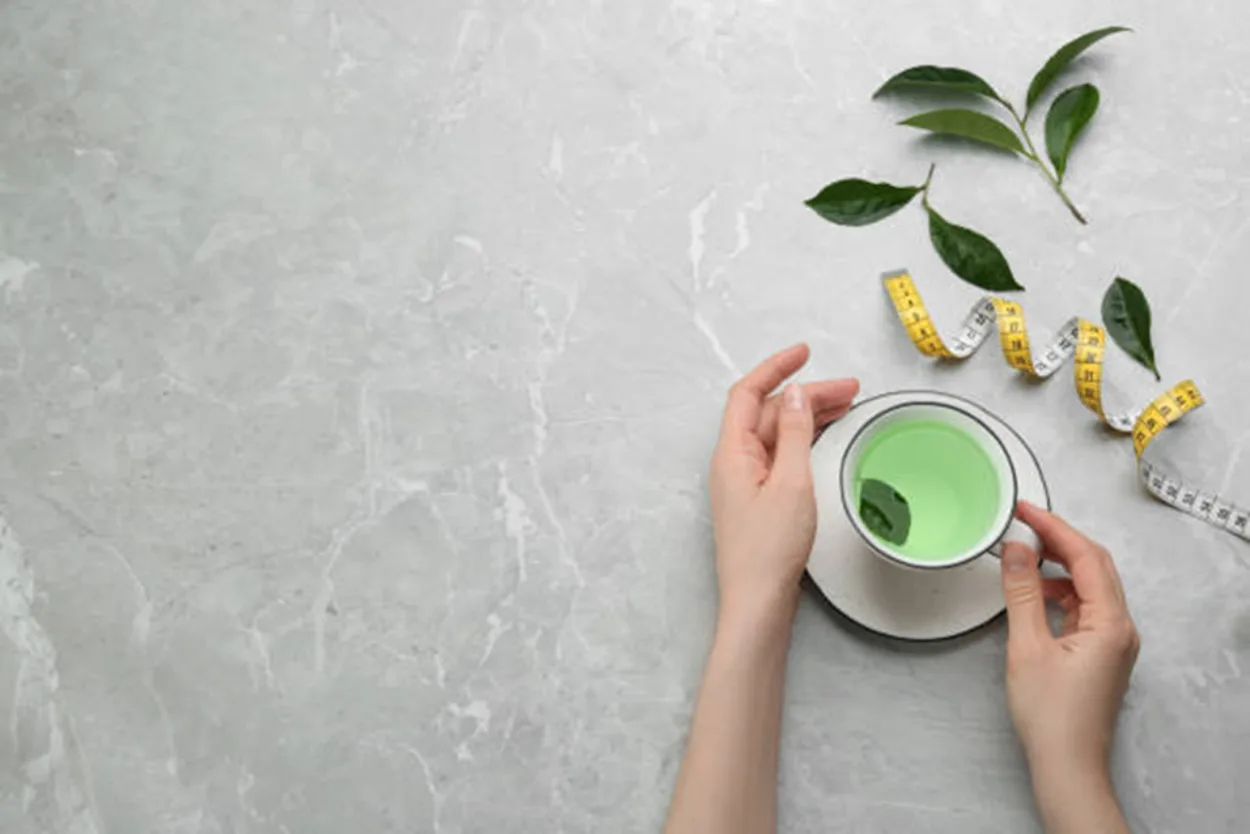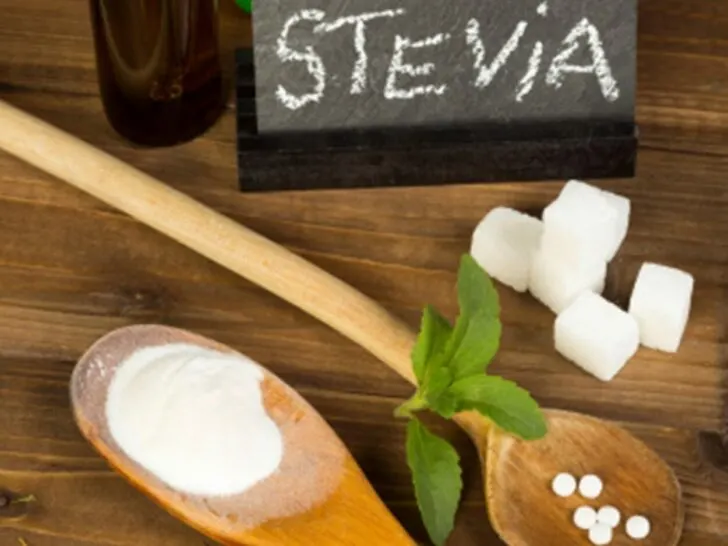A famous brand of sweeteners available in the market, stevia is a natural sweetener and sugar replacement; it is a sweet-testing plant used to sweeten beverages and desserts. It is about 100 to 300 times sweetened than regular sugar. Stevia is the extract of a plant known as Stevia-Rebaudiana Bertone.
You can easily find it in a bushy shrub that is a part of the sunflower family. There are 200 types of stevia, and all are produced in North and South America. Now it’s made in many countries; however, China is the leading exporter of stevia. Its common name is sweet leaf and sugar leaf.
There is hardly any nutritional difference between pure liquid stevia and pure powdered stevia, especially in the quantities that are typically used. Simply, the former has more water.
Stevia contains eight glycosides. These are the sweet components isolated and clarified from the leaves of Stevia. These glycosides include Stevioside, Steviolbioside, Rebaudioside A, B, C, D, and E, and Dulcoside A.
How is the Stevia Leaf Extract Process?
When stevia leaves reach their intense sweetness, they are extracted through harvesting. Dried stevia leaves soak in water to find the sweet substance. Then people filter, purify, dry, and crystallize this extract. It takes almost 40 steps to process the final stevia extract.
The final product is a sweetener that may be combined with other sweeteners, such as sugar and fruit juice, to create delicious low-calorie and zero-calorie beverages.
Stevia Extract Product
There are so many stevia extract products accessible in the market. They are available in liquid, powder, and granulated forms.
Some of them are:
- Nu Naturals (nu Stevia white stevia powder) is the most popular brand of stevia.
- Enzo Organic Stevia Powder
- Now Foods Organics better stevia powder: This is my second favorite brand of powdered stevia.
- Wisdom Natural Sweet Leaf Stevia: It is available in liquid and powder form.
- California Extracts alcohol-free stevia
- Stevia liquid stevia: This is one of the best and most affordable stevia brands.
- Planetary Herbs Liquid Stevia: This is also the best liquid stevia brand. It is free of alcohol and all common allergens.
- Frontier Natural Green Leaf Stevia: This is powder Stevia and suitable for making smoothies and drinks.
- Pure via PepsiCo and Whole Earth sweetener company
Taste of Stevia
Stevia, a sugar substitute, is made from stevia plant leaves.
Although it is 200–300 times sweeter than table sugar, it is devoid of calories, carbs, and artificial chemicals. Not everyone enjoys the flavor. While some people find stevia to be bitter, others claim it has a menthol-like flavor.
Varieties of Stevia
Stevia comes in many forms and is readily available in supermarkets and other health food stores.
- Fresh stevia leaves
- Dried leaves
- Stevia extract or liquid concentrates
- Powder stevia
Understanding different types of stevia is challenging, but I will try to discuss powder and liquid Stevia briefly.
Powdered Stevia
It’s made of stevia leaves and available in green herbal powder and white powder. The herbal powder has a bitter flavor and is less sweet, but the white powder is the sweetest.

- Green stevia has more nutrients with a strong licorice flavor.
- White stevia is the most processed form of Stevia.
- Stevia powder has zero calories and is 200 to 300 times sweeter than regular sugar.
- The white powder is sold more commercially, is a more refined product, and is much sweeter. The white powder extracts the sweet glycosides in the leaves.
- All stevia extract powders are different from each other; the taste, sweetness, and cost will likely depend on their degree of refinement and the quality of the stevia plant used.
- Powdered stevia is a safe and healthy sugar alternative that can sweeten foods without the adverse health effects of refined sugar.
- It is also related to various health benefits such as lower blood sugar levels, reduce calorie intake, and minimize the risk of cavities.
- Powdered stevia has insulin fiber, a naturally occurring carbohydrate that helps increase calcium absorption.
- White stevia powder is not thoroughly water soluble; some particles float on your beverages, but organic stevia powder is more in its pure state.
Liquid Stevia
When stevia was discovered, they soaked and boiled stevia leaves in water to draw out its sugary substance. Once the sweet ingredient had been found, it was sold to the Japanese in the 1970s.
Now, it has been bottled and served in perfect, easy-to-use stevia liquid and drops. It is made with extracts of stevia leaves; it contains zero sugar and calories per serving.
The sweetness is from nature, making it an excellent substitute for sugar and artificial sweeteners. It is used for sweetening hot and cold drinks, cooking, baking, sauces, and beverages.
Liquid stevia is available in a clear liquid extract with water, glycerin, grapefruit, or alcohol base. The liquid becomes explicit rather than green because chlorophyll is removed during the extraction process, and only white glycosides remain.
It is ideal for hot and cold drinks. It is easily soluble and effortless to use from the dropping bottle. Liquid stevia is available in different flavors. The liquid stevia is less processed.
Now, lots of soda companies sell diet cola soft drinks sweetened with liquid stevia.

Health Benefits of Stevia
According to the research, stevia is a natural plant-based sweetener and is very beneficial in treating many health problems. Stevia contains antibacterial, anti-microbial, antiseptic, antioxidant, anti-hypertensive, and anti-glycemic properties that can treat high blood pressure, fatigue, diabetes, indigestion, heartburn, weight loss, wrinkles, and eczema.
There are some possible health benefits of stevia.
Ideal Sugar Substitute for People with Diabetes
One of stevia’s significant health benefits is regulating blood sugar levels and reducing glucose levels. Because the glucose-containing Steviol glycoside is not absorbed in the bloodstream, the blood sugar level remains stable and unaffected by intake.
This is an ideal substitute for sugar for type 2 diabetes. It counteracts insulin resistance.
Weight Loss
There are many reasons for obesity and weight gain, and stevia contains no sugar, which can help to maintain a balanced diet without compromising the taste.
Lower Blood Pressure
A study showed that stevia helps to lower blood pressure. There are certain glycosides present in stevia that normalize blood pressure and regulate heartbeat.
Prevent Cancer
Stevia contains an antioxidant compound called Kaempferol, which reduces cancer risk.
Treat Osteoporosis
Stevia helps with calcium captivation, which leads to stronger bones and teeth. It can promote calcium absorption and improve bone density.
Improve Skin Health
Due to its antibacterial effects, stevia is helpful for various skin conditions, such as eczema, pimples, rashes, and several skin allergies. It is also beneficial for dandruff and dry scalp and protects your cells from aging.
Reduce Inflammation
Stevia is also helpful in decreasing inflammation.
Antibacterial and Antioxidant
It fights different types of bacteria and fungi infections that cause severe diseases.
Does Not Cause Allergy
Steviol glycoside is not reactive and is not mobilized to reactive compounds. Because of this, there is less chance of stevia causing skin or body allergies.

Fact: Stevia may affect people with unique body types in different and dose-dependent ways. It is essential to listen to your dietitian before using this.
The Nutritional Difference Between Powder Stevia and Liquid Stevia
| Liquid Stevia | Powdered Stevia |
| Liquid stevia contains 0 calories per 5g serving, this serving includes 0g fat, 0g protein, and 0.6g of carbohydrates. | Powdered stevia contains 0 calories per 5g serving, this serving includes 0g of fat, 0g of fat, 0g of sodium, and 1g of carbohydrates. |
| Due to the nature of liquid stevia, it can help to reduce the amount of sugar we consume, and it has flavoring without adding extra sugar and affecting your blood sugar. Therefore, you automatically will be consuming fewer calories, and it helps to maintain a balance healthy lifestyle. | It can play a very important role to maintain a healthy lifestyle; it is generally safe to consume in moderation. |
| It contains a variety of nutrients calcium, fiber, iron, phosphorus, and carbohydrate. | Stevia powder considering an intense sweetener because that flavor may increase the craving for sweet food. It is a highly processed form of stevia leaves. |
Stevia’s Side Effects
Stevia is marked as free of side effects, but as you know, everything comes with its pros and cons. Some of the possible side effects of consuming too much stevia are:
- It can damage your kidneys and reproductive system.
- Dizziness
- Muscles pain
- Low blood pressure
- Low blood sugar
- It is harmful to consume stevia during pregnancy and breastfeeding.
- Bloating or nausea
- Endocrine disruption (hormonal issues)
Liquid Stevia vs. Powdered Stevia
There is no difference in the amount commonly used, nutritionally, between pure liquid and pure powdered stevia. The former contains more water. In both cases, the stevia officially has zero calories, fats, and minerals, and has a glycemic index of 0.
Liquid stevia is less processed than powder stevia. So, I prefer to use liquid stevia.
Conclusion
- Stevia is a natural sweetener made from the Stevia-Rebaudiana Bertone plant, much sweeter than regular sugar.
- Stevia comes in liquid and powdered forms.
- Liquid stevia is less processed and has more water.
- Powdered stevia is more refined and sweeter.
- Both types have no calories and are used instead of sugar in cooking, baking, and drinks.
- Stevia has health benefits like controlling blood sugar, aiding weight loss, and lowering disease risks.
- Too much stevia can cause dizziness, low blood pressure, and hormonal issues.
- While stevia is a good sugar alternative for low-sugar or low-calorie diets, it may not suit everyone.
FAQs
How many drops of liquid stevia equals powdered stevia?
To convert powdered stevia to liquid stevia, you’ll typically use fewer drops of liquid than the equivalent amount of powdered extract. For instance, 1 cup of sugar equals approximately 1 teaspoon of powdered stevia extract or 1 teaspoon of liquid stevia concentrate. Similarly, 1 tablespoon of sugar corresponds to about 1/4 teaspoon of powdered stevia or approximately 6 to 9 drops of liquid stevia. Lastly, 1 teaspoon of sugar is equivalent to a pinch of 1/16 teaspoon of powdered stevia or roughly 2 to 4 drops of liquid stevia.
What are the negative effects of stevia?
When using stevia as a sweetener in food, some chemicals like stevioside and rebaudioside A are generally safe. However, be cautious as there can be side effects like bloating, nausea, dizziness, and numbness when consumed orally.

